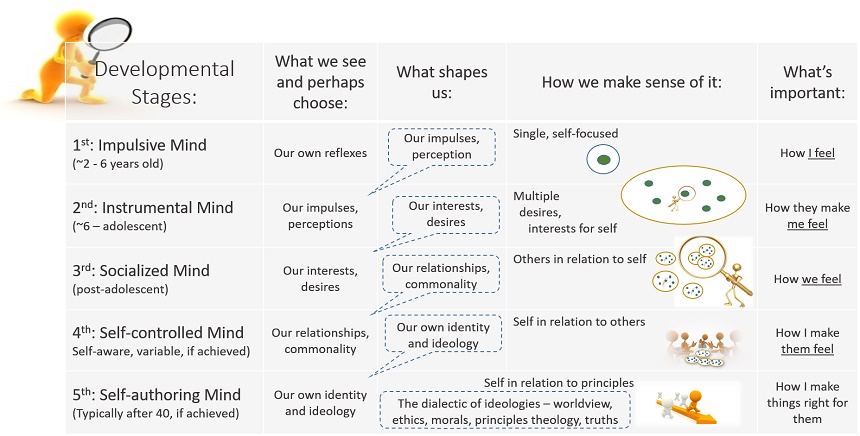No, but there are fascinating pieces that surface in the inquiry. Nailing down the genes that perhaps would determine a particular behavior trait has been a difficult task. The simple and perhaps popularly preferred result would be a 'hard-wired' brain where genes would unerringly create in us our personality type, our character traits, and our response to a particular type of situation.
Unfortunately, the science doesn't adequately support the premise, and the genetic contribution to character and personality development appears to be much more complex.
The surprising news from the human genome project in '01 is that we have a pitiful 25,000 genes or less, about twice that of a fruit fly and less than a mouse. The expectation of a stunningly complex program defining the magnificence of humanity was squashed. Just 25,000 lines of code won't make a decent word processor, much less a self-aware world-conqueror.
"We simply do not have enough genes for this idea of biological determinism to be right," asserted Craig Venter, president of Celera Genomics, one of the two teams that cracked the human genome.
The debate regarding possible DNA related traits has two sides, one of which is potentially charged.
"Venter has wasted little time in playing down the importance of the genes he has catalogued. He cites the example of colon cancer, which is often associated with a defective 'colon cancer gene'. Even though some patients carry this mutated gene in every cell, the cancer only occurs in the colon because it is triggered by toxins secreted by bacteria in the gut. Cancer, argues Venter, is an environmental disease. Strong support for this viewpoint appeared last year in the New England Journal of Medicine. Researchers in Scandinavia studying 45,000 pairs of twins concluded that cancer is largely caused by environmental rather than inherited factors, a surprising conclusion after a decade of headlines touting the discovery of the 'breast cancer gene,' the 'colon cancer gene,' and many more." Dr. Kevin Davies, author of Cracking the Genome: Inside the Race to Unlock Human DNA (Free Press, 2001). A graduate of Oxford University, he holds a doctorate in genetics from the University of London.
Popularly touted and culturally volatile, the emerging science is significant on several fronts, not the least of which is the emerging opportunity to choose your children based on preimplantation or in-utero DNA testing, the modern version of eugenics where children become a marketable, made-to-order product. Possibly helpful? Absolutely, but with potential for troublesome extremes.
 |
| From an engineering perspective, triggering gene expression is just incredible. |
Now comes the fun part. Cause or effect?
Did the gene cause the behavior or did the behavior trigger the gene?
The roll of environment and experience is now being understood as one of the triggers for gene expression (activation). For 100 people with some common genetic trait, only a few might see the expected manifestation. Why?
Only recently have we begun to see how experience (environment) can trigger gene expression and affect the development of everything from mental traits (order/disorder) to physical traits (stability/deterioration) and even male-pattern baldness ...
... in women. Heredity vs. environment, determinism vs. indeterminism (free will) continues.
... in women. Heredity vs. environment, determinism vs. indeterminism (free will) continues.
The debate continues furiously, of course. Both sides are perhaps mostly right, and we'll be the fortunate recipients of their research and medical advances. One thing we know for certain, though, is that the simplistic answer of genetic determinism has fallen by the wayside. We shoulda spotted that one coming.



















